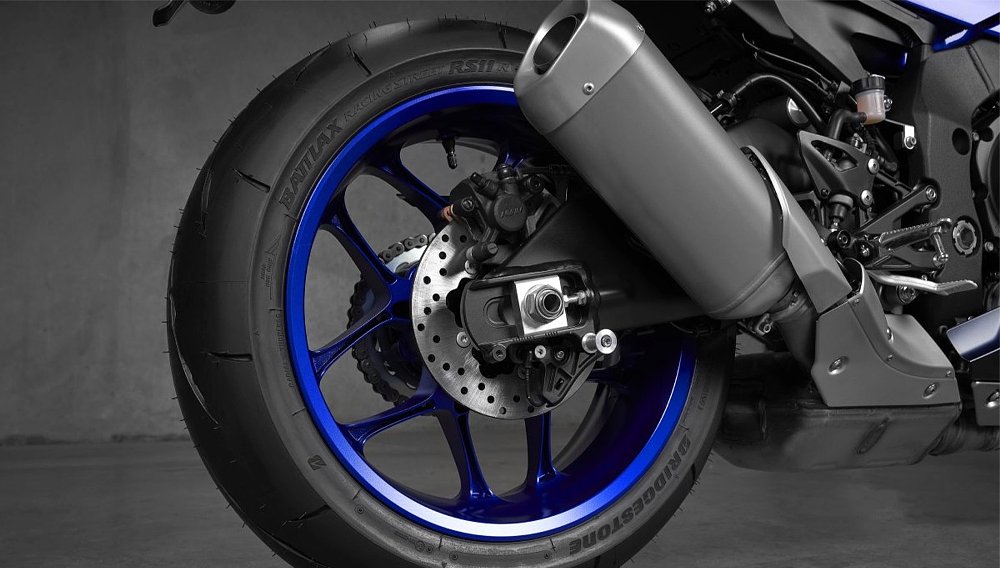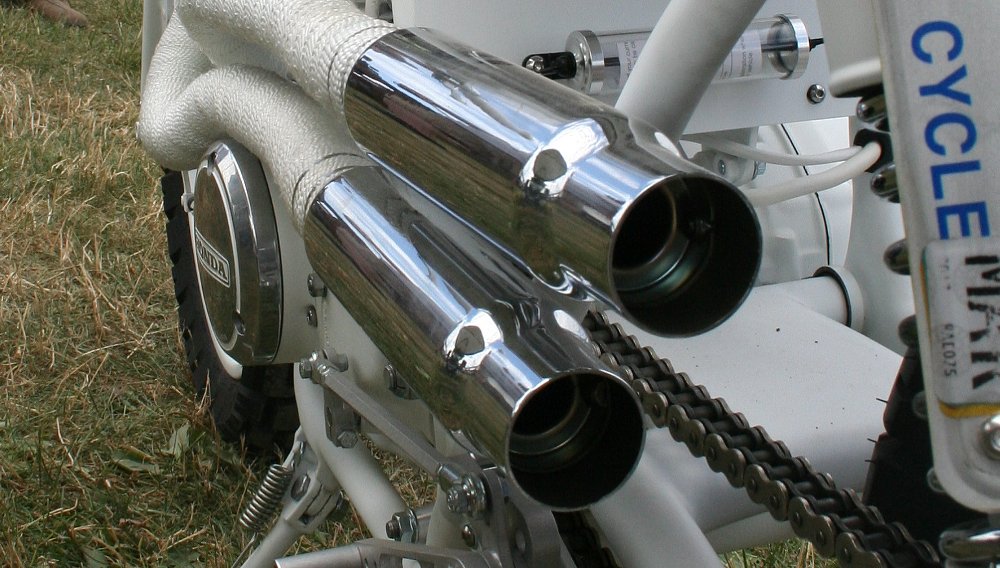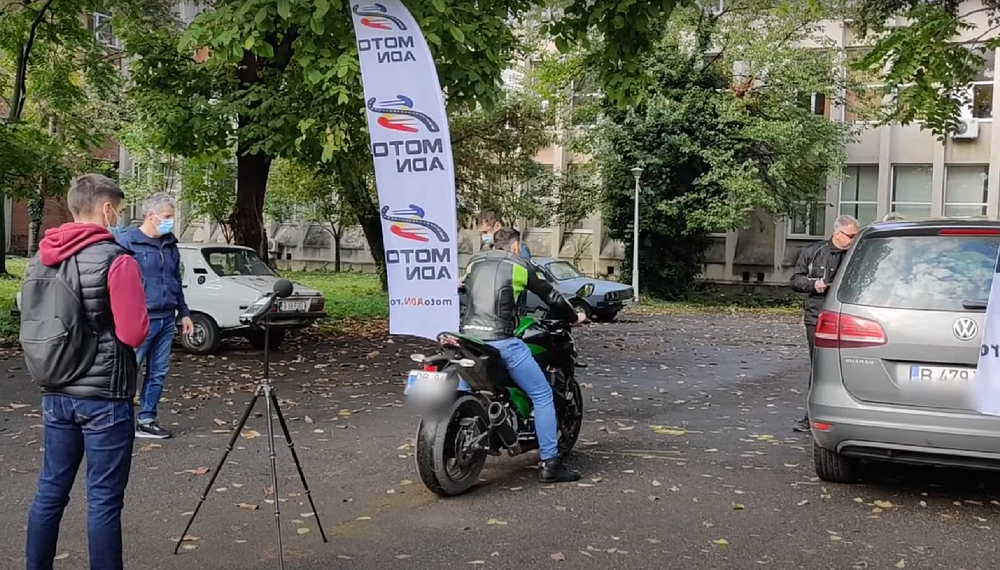On Wednesday, officials from Japan’s Ministry of Land, Infrastructure, Transport, and Tourism (MLIT) inspected Yamaha Motor Co. headquarters in Iwata, Japan. The on-site visit followed an in-house audit conducted by Yamaha, which revealed improper vehicle certification tests and falsified applications required for Japan’s safety and environmental regulations.
Following a safety test scandal uncovered at Toyota in 2022, the Transport Ministry instructed 85 manufacturers and parts suppliers to carry out internal audits in January 2024. On May 31, Yamaha admitted to performing non-compliant YZF-R1 noise tests and submitting fraudulent sound test data for the YZF-R3 sport bike and TMAX scooter.

According to The Japan News, Ministry members interviewed Yamaha executives and scrutinized the relevant testing documents and procedures during the visit Wednesday. Data released by the Iwata factory show that it has sold nearly 7,500 units (YZF-R1: 1,434, YZF-R3: 4,077, and TMAX: 1,963) of the three models combined. Once the full investigation is complete, Japanese authorities will determine whether to impose recalls on the models in question. The Shizouka-based marque could also face additional penalties.
At the time of writing, Team Blue halted R1 shipments but didn’t specify next steps for the TMAX and R3. Yamaha has yet to announce whether the shipment hiatus is limited to the domestic market or if it extends to international supplies. I reached out to Yamaha Motorsports, USA for comment, but a spokesperson wasn’t immediately available.

Yamaha isn’t the only OEM under the microscope, either. Ministry officials are also expected to investigate Honda Motor Co. and Suzuki Motor Corp. facilities before the end of the month. It’s worth noting that both Honda and Suzuki produce automobiles and motorcycles, so it isn’t clear if the investigation is focused on two-wheeled vehicles or not. However, the Reuters news agency reports that Honda identified more than two dozen models with faulty noise and output applications dating back to October 2017.
The fallout
The widespread scandal has already rocked Toyota and Mazda, with shares of both manufacturers plummeting in recent days. Will the public’s perception of Japanese motorcycle makers suffer the same fate? Possibly, but not likely.

Whereas Toyota and Mazda falsified crash and collision data, the available evidence suggests that Yamaha only skirted noise emissions standards and, on the R3 and TMAX, the performance of the horns. Of course, additional transgressions could come to light when the Ministry finalizes its findings. Until then, we’ll report any significant developments in MLIT's investigation.
Update, June 11: A spokesperson for Yamaha Motor Corp. USA passed along a statement from Japan saying that the halt in shipments would not affect any markets outside Japan. The statement said there is no safety issue involved and the company apologizes for the incident.










